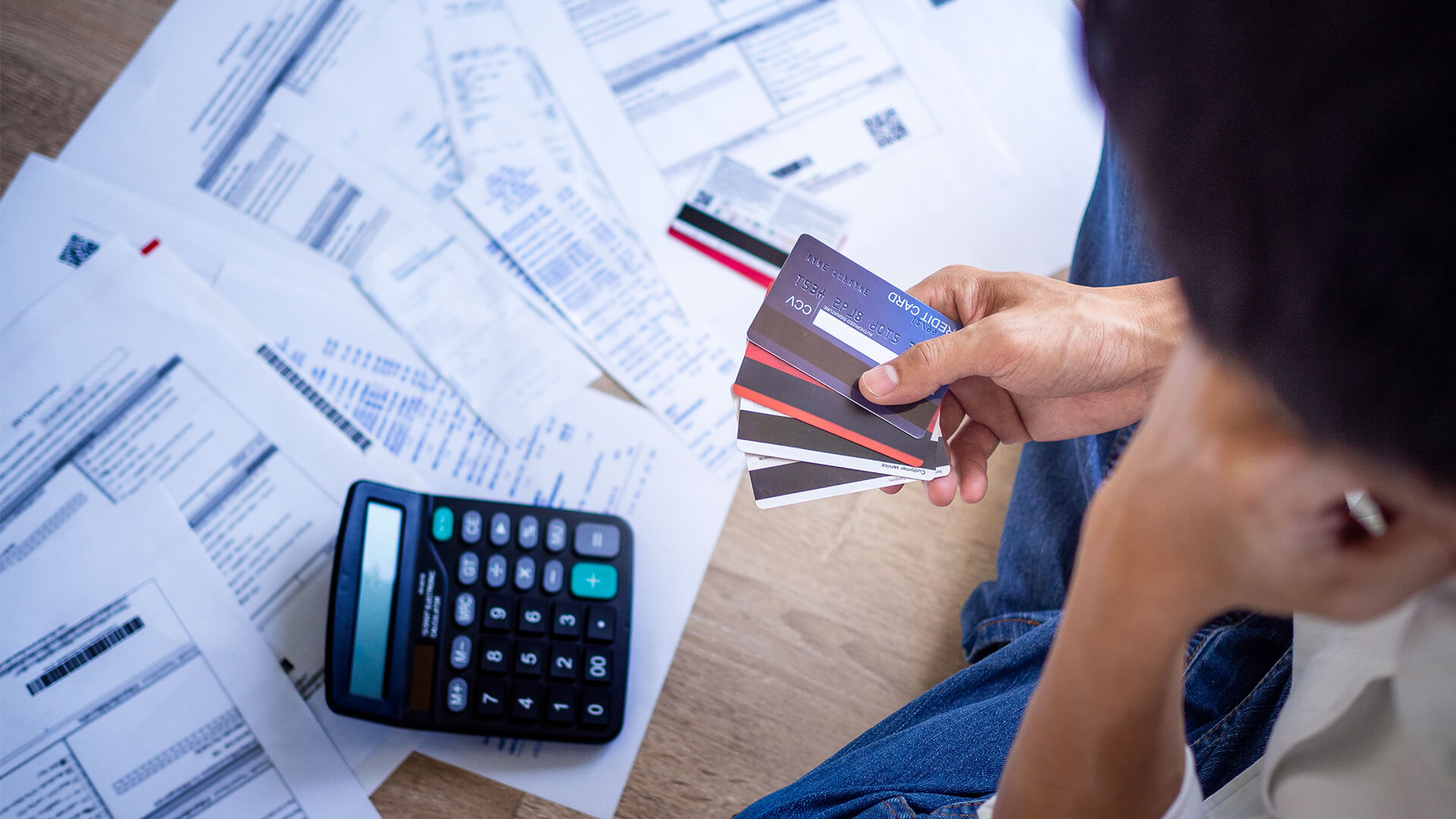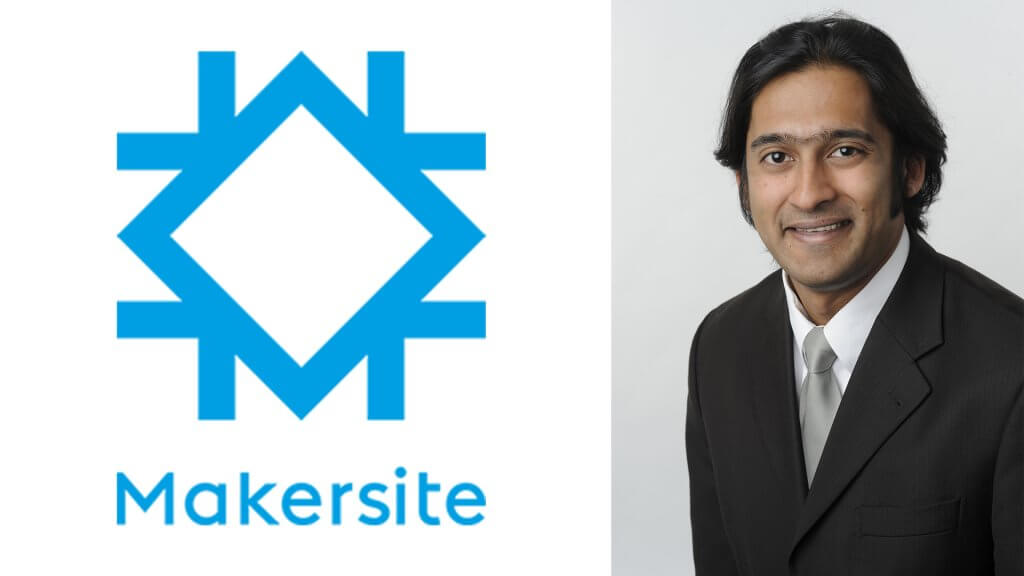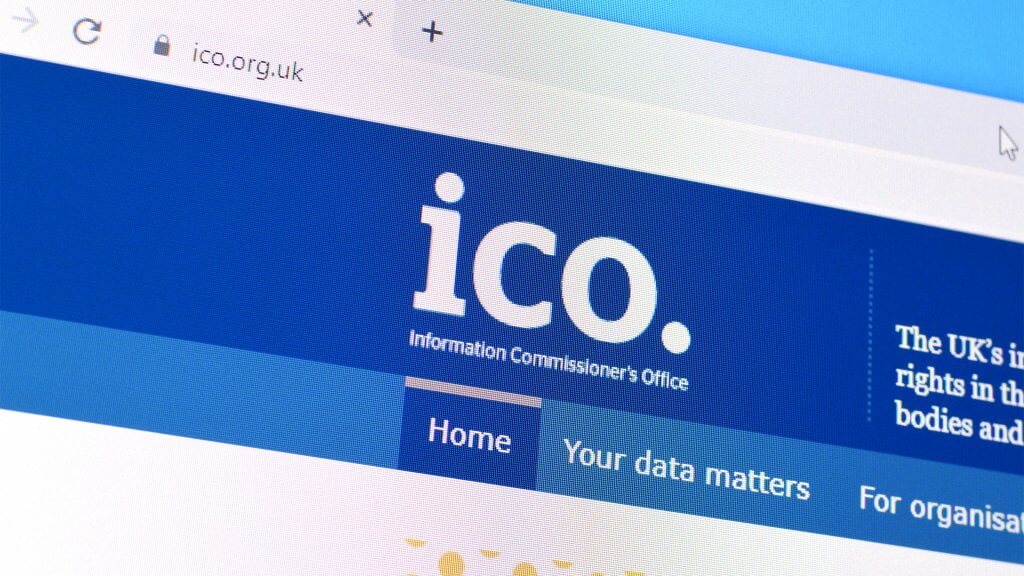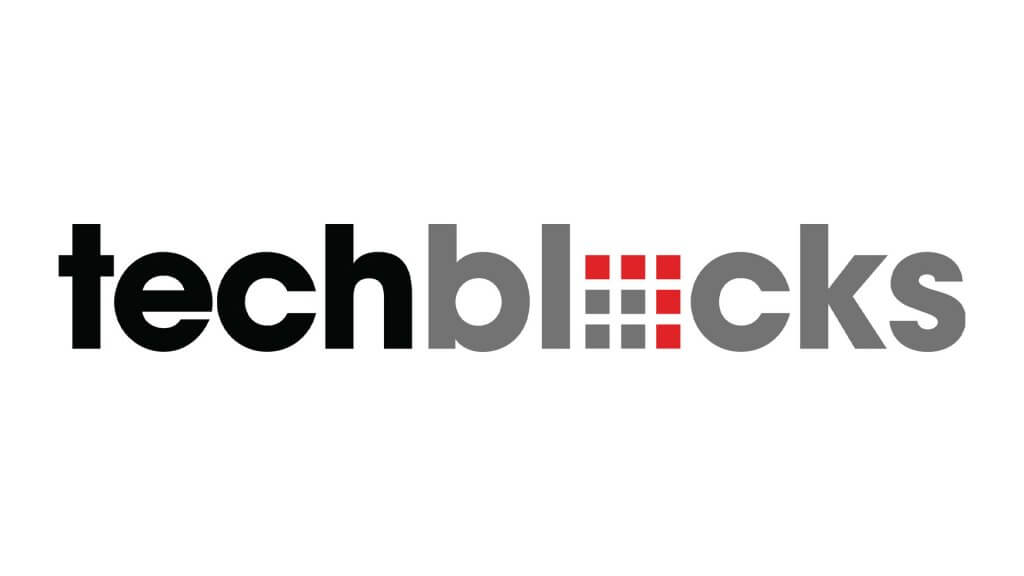
Several people do not pay off their credit card debts as soon as possible. The reasons for not clearing the debts could be several, with the most common one being maintaining a healthy credit score. While it is essential to have a steady and good credit score, it is vital to remember that credit card companies have incredibly high interest rates. As you delay the repayment or pay it back in smaller amounts, you effectively increase the unnecessary hassle of paying off too much interest.
Most people, on average, pay as much as 12% to 18% additional interest on their borrowing per month without clearing off the initial amount payable. Credit card debt could soon become overwhelming, as you would first need to assess how you got yourself into such heavy debts in the first place.
Many people rack up a high credit card debt while they transition from one country to another. With most careers and job opportunities finally looking up in the international market, there seems to be a steady increase in migration from one country to another. If you are looking at shifting to another country and are banking on your credit cards to help you out, we would advise consulting with experienced immigration lawyers in the US before doing so. They can help you understand the finances, savings required, and process fees and transactions, so you don’t burn a hole in your pocket.
If you already have a considerable credit card debt on your head and need to start paying off the balances, we can help you with some critical information.
Evaluate the Highest Debt First:
You should first evaluate which card has the highest debt amount of all the credit cards. If the debt is on the larger side, you should start by paying off larger chunks of funds to that account. Making a list of all the outstanding on each card, including charges, interest rates, and amounts, will help you get a simpler picture of the remainder of the payments and their schedules.
Mortgage and vehicle payments are usually the highest since they have been paid off by credit cards in bulk. You could either speak to the credit card company and convert these remainders to EMIs or start paying them off in sizeable amounts to reduce the principal amount.
Double the Minimum Payable Amount:
It is foolish to only pay the minimum due per month of each card since they are usually only enough to cover the interest on your borrowing. While paying the minimum each month can help you from falling behind on your repayment, it will not help you close down the debt faster.
The simplest way to clear the smaller accounts is to double the minimum amount payable each month. If the minimum payment each month is $100, you should double the repayment and pay off $200 to reduce the repayment period. Doing this will help you pay off smaller amounts quickly, without sacrificing on any of the cards and falling short per month.
Use All Extra Money to Pay Off the Debt:
If you have a passive income, get a bonus, a raise, or someone repays you for a loan, you should immediately use that money to reduce your overall debt in your highest account. Money saved on the credit card interest can actually be used to pay off the initial amount and reduce the total debt. Doing this each month is wise since you would input small funds that can snowball into huge savings on interests in the long term. You would also free up your maximum allowable balance.
Transfer the Balance to a 0% Credit Card:
If you have a credit score of 680 – 690 or higher, you could be eligible to transfer your debt to a credit card company with a 0% introductory rate. This rate usually lasts for 18 months, giving you a slight breather as you gather the funds to repay your highest loans.
Usually, you cannot transfer cards with debts from the same issuer. So you would need to opt for another credit card company. The transfer rate is usually between 3%-4% (depending on the issuer). However, many cards don’t charge a massive fee for balances shifted within a specific time frame.
If you plan to transfer your debt to a 0% credit card, you should have a robust repayment plan to ensure you do not fall into the same trap again. You cannot keep shifting your cards to save on the charges since this will also affect your credit score.




















